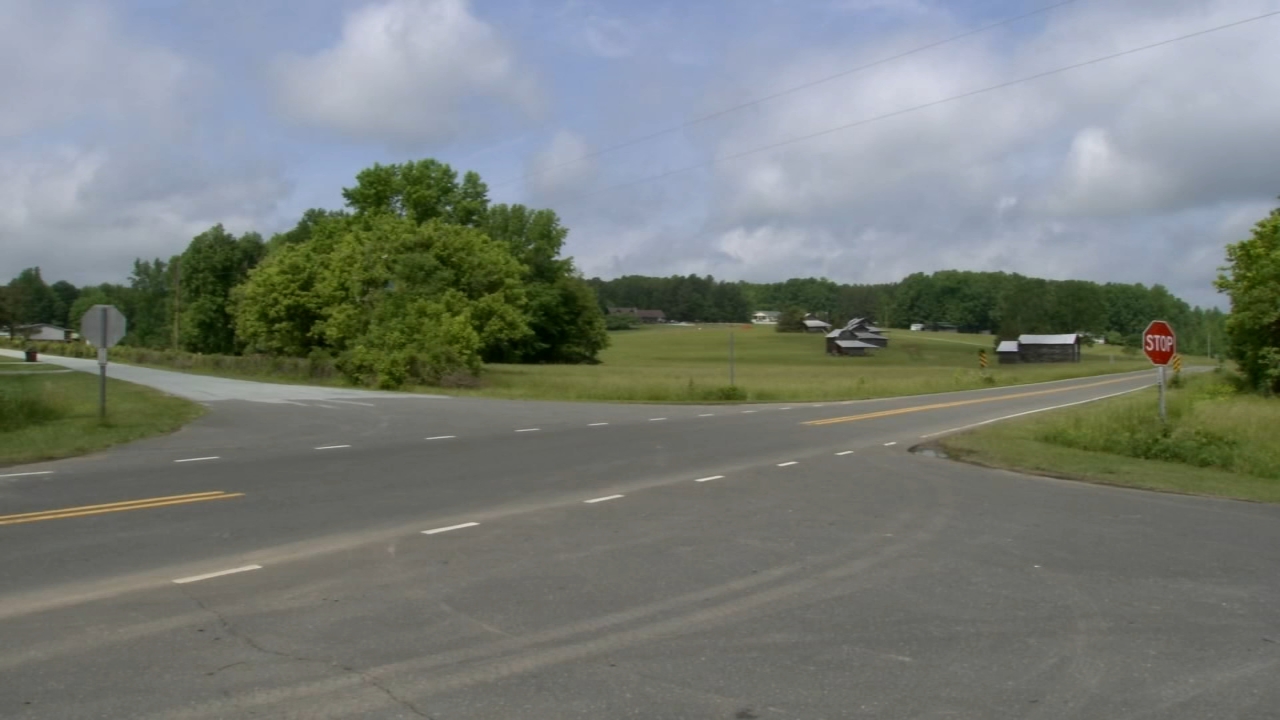Mack Brown, UNC staff to wear face shields, use sticks to socially distance during practices

North Carolina coach Mack Brown said he and his staff plan to wear face shields and use sticks to make sure they are staying 6 feet away from their players when enhanced workouts begin Friday.
For the first time since the coronavirus shut down practices in March, the enhanced summer access period will allow teams to hold walk-throughs with footballs for two weeks. Then fall practice can begin Aug. 7. Brown said North Carolina will hold six hours of walk-throughs each week, in addition to eight total hours of strength and conditioning and six total hours of meetings.
"We're having to learn to practice differently," Brown said on a Zoom conference call. "That's what we'll be learning this weekend with the walk-through is, "How do we practice to make sure we stay safe?'"
North Carolina reopened its weight room last Thursday after shutting down activities on July 8 following 37 positive coronavirus tests throughout the athletic department. Brown noted that the first three weeks they did testing, they had zero positives, so they asked their medical experts and contact tracers to determine what happened and how they can implement better protocols.
Brown said the football players who tested positive for the coronavirus had either minor or no symptoms. Players are now working out in the weight room with masks on, and taking off masks only when they do their running drills outside.
"It just goes from nothing to fast, and that's why we closed the weight room down," Brown said. "I said, 'Let's take a deep breath here and let's let our medical people look at this more closely and determine exactly what we're doing and how we're doing it and make sure we take a look at everybody's safety as well. It's inevitable that you're going to have some (positives), and you've got to learn from them."
Brown added that he has tried to steer clear of getting any information from contact tracers because he wants his players to be as open and transparent as possible about where they have been and whom they have seen in order to help stop the spread of the virus.
"If you've got a positive and you have no symptoms, you can still spread the virus so you've got to be really, really careful and that's why we're cautious about asking too many questions to the contact tracing people," Brown said. "We never ask names because we want them to be honest and if somebody got outside the bubble and made a poor decision, I don't want to know who that is because if I go yell at them, then they're less likely or somebody is less likely to be honest with the tracing people and what we need is we need honesty and transparency across the board with our team and our staff and it's not an awful thing if you get a positive. We're seeing prominent people get positives all over the world, but let's figure out how it happened, try to make sure it doesn't happen again and you're not part of the spread."
Brown said his players are more attentive to the safety precautions about wearing masks, social distancing and hand hygiene since they had positive tests. Though Brown wants to keep players in a bubble as much as possible, the largest unknown remains what happens when the student body returns to campus for the start of classes.
"When we have 19,000 students show up in early August as we're practicing, our guys are going to have to do the things they're supposed to do," Brown said. "We've told them, 'If you want to play, you're going to have to wear your masks, and you're going to have to stay 6 feet apart. When the students come back, it's going to be much more difficult than it is now and those are decisions you have to make. If you have a positive and it's 10-14 days (quarantine), then you have to have your heart checkup, you could miss two to three games very easily.' So the players just have to determine how important is it going to be to stay in that bubble, how important is it going to be to not go out with buddies that aren't in the bubble. And that's a very difficult thing for all of us to do, much less college students. Because we had some positives, they're probably listening a little bit better now than they were when we had three weeks of nothing. It was all so good that probably some felt like, 'We're fine, this is good,' and we will have those conversations before they come back. But that's a concern for all of us."
As for what happens with the season, Brown said coaches have no say on how many games will be played or when the season starts, but he is approaching his planning as if the season will start on time. The ACC is set to make decisions about the season next week.
"Some people have asked me what about the spring, could you play in the spring?" Brown said. "I'm not going there because I'm planning on playing in the fall and I can't get to spring yet. If I get to spring with all the thoughts that happen in the spring, it will dilute some of my thought process as I'm preparing for the fall."






